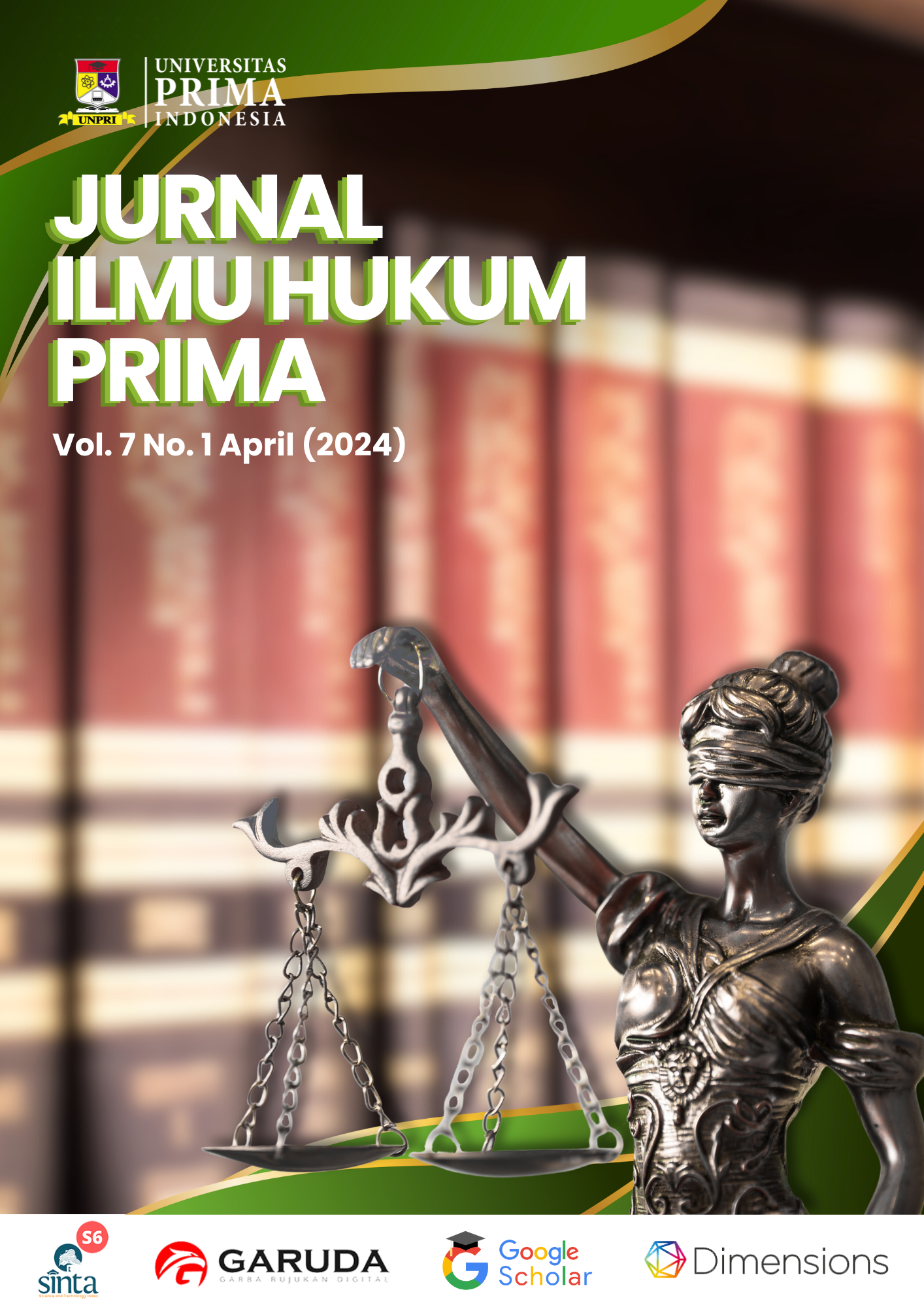PERTANGGUNGJAWABAN NOTARIS PEMEGANG PROTOKOL TERHADAP KEABSAHAN AKTA NOTARIS TERKAIT DUGAAN ADANYA KESALAHAN DI DALAM MINUTA AKTA YANG DITERIMANYA (Studi Putusan Mahkamah Agung Republik Indonesia Nomor 1791 K/Pdt/2022)
##plugins.themes.academic_pro.article.main##
Abstract
The plaintiff in the Supreme Court's decision Number 1791 K/Pdt/2022 sued the Notary public, holding the protocol as the defendant. The object of the lawsuit in the Supreme Court's decision is the Notary's deed in the Notary public protocol, which was received by the Notary public holding the protocol. The plaintiff disputed the error in the Notary's deed. Based on expert opinion, the Notary public who did the deed is responsible for the Notary's deed in the protocol, but the Notary who did the deed died. The Notary public holding the protocol is responsible for storing and maintaining the Notary public protocol he receives, but the Notary public holding the protocol was sued in the decision. This research uses normative legal research, which is descriptive and analytical in nature. The data source used is library data. The data collection technique and tool used is library research. This research analyzes data qualitatively. Based on Article 65 of the Law of Notary Public, the Notary public who makes the deed is responsible for the minutes of the deed he had made even though the minutes of the deed had been handed over to the Notary public holding the protocol. The Notary public holding the protocol is not responsible if there is a lawsuit regarding the contents of the minutes of the deed contained in the protocol he received. The Supreme Court's decision concerns Notary public matters, only considering the lawsuit as lacking parties.

